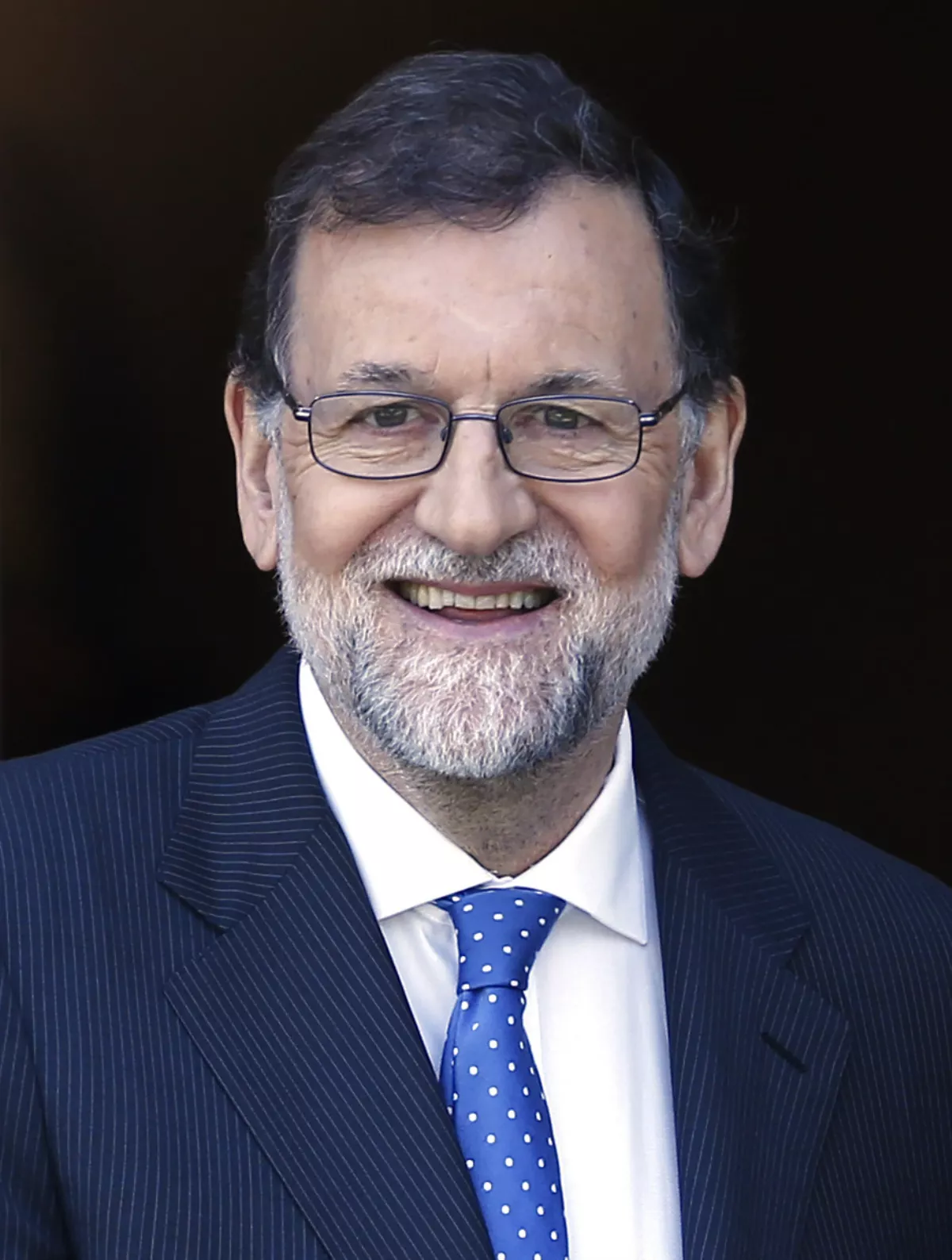 1.
1. Mariano Rajoy became Leader of the People's Party in 2004 and prime minister in 2011 following the People's Party landslide victory in that year's general election, becoming the sixth president of the Spanish Government since the restoration of democracy.